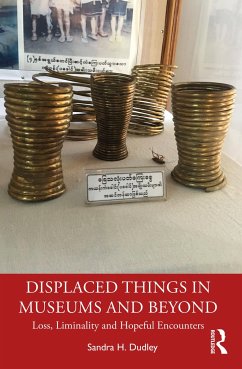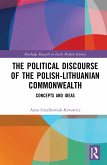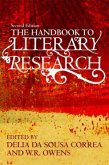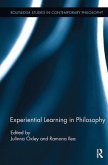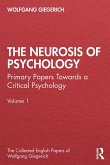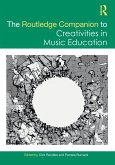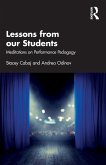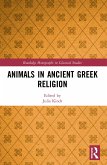Displaced Things explores the movements of material things from the starting point and perspective of the object. It does so through the lens of displacement, drawing on earlier work on forced migration and conceptualising displacement in relation to anthropological ritual theory. It aims not only to augment understandings of the significance of things and the complexities of their relationships with human beings, but also to problematize notions of the settings through which objects move - including those of museum and 'heritage', definable as they are by their particular approaches to the re-contextualisations of things. Furthermore, the book contends that displaced things are no more 'lost' or rendered somehow inauthentic or useless, than are displaced people; rather, the series of shifts by which contexts, meanings, values and even material attributes may alter over time are part of a continual process of change - sometimes gradual, sometimes abrupt - and each moment and state along the way has its own validity and opportunity. In this perspective, the book suggests, an object-centred view has profound implications for envisioning the possibilities of things. The book develops its arguments through discussion of an array of displaced objects, including the forcibly migrated, the collected, the institutionalised, and the bereaved. It draws particularly but not solely on examples from the author's anthropological field research in Thailand and Burma (Myanmar) and brings in too cases from elsewhere, considering artefacts that have been dislocated or exiled from their original or principal geographical, historical, cultural, intellectual and personal contexts. The book is structured by the stages of the ritual process used to theorise displacement, passing in three parts from the crossing of the boundary, through liminality, to incorporation. The first part examines some of the ways in which things translocate from one setting to another, the importance of thresholds and what it means to become displaced. It opens up a view in which narratives of the materiality of human forced migration and of object acquisition and movement illuminate both each other and the spatiotemporal phenomenon of displacement itself. The book then moves on in its second part to explore issues of representation, metaphor and the re-ordering of categories, structures and values in the place of exile - be it a refugee camp, museum or elsewhere. It looks in detail too at continued relationships, real and imagined - and the many forms they take - with the pre-displacement past, embodied by and enacted through objects. And finally the volume explores the ways in which the objects are experienced in their present, displaced settings, and the implications and potentialities they carry.
Hinweis: Dieser Artikel kann nur an eine deutsche Lieferadresse ausgeliefert werden.
Hinweis: Dieser Artikel kann nur an eine deutsche Lieferadresse ausgeliefert werden.

